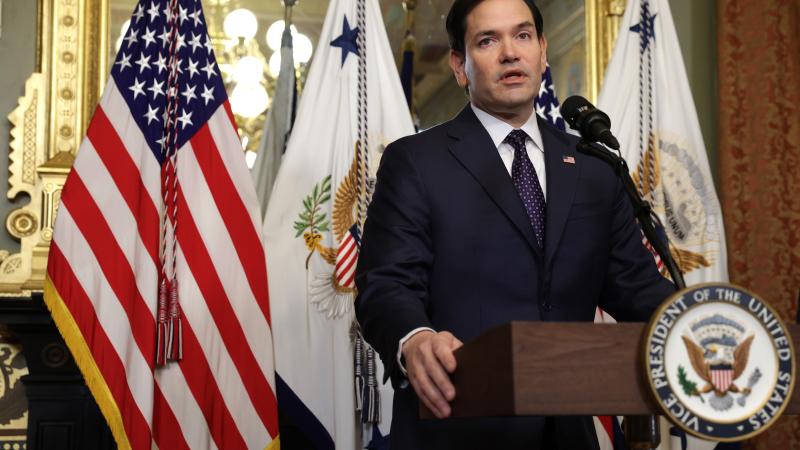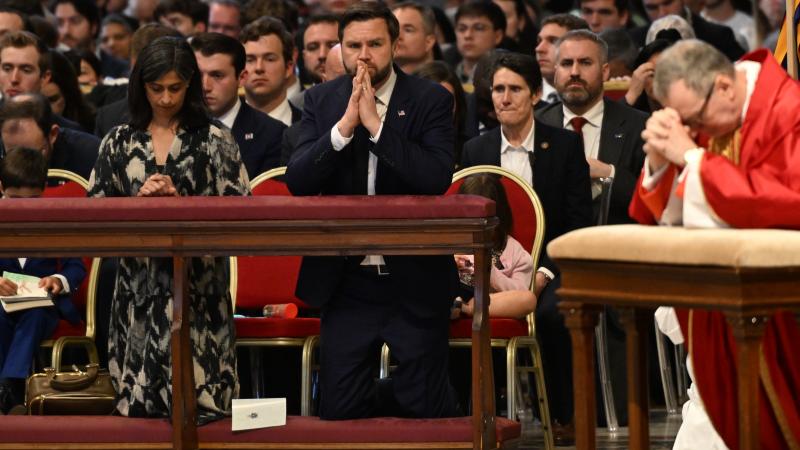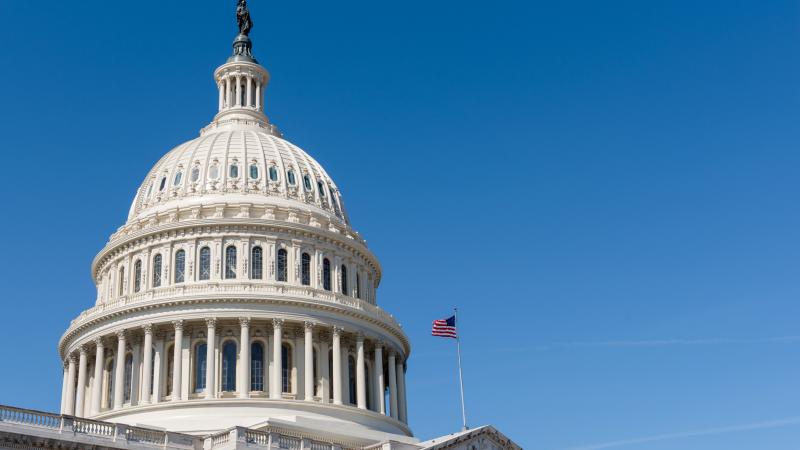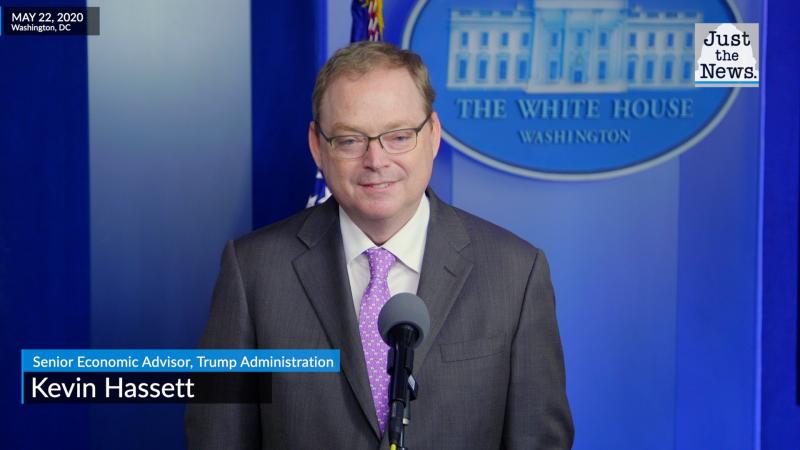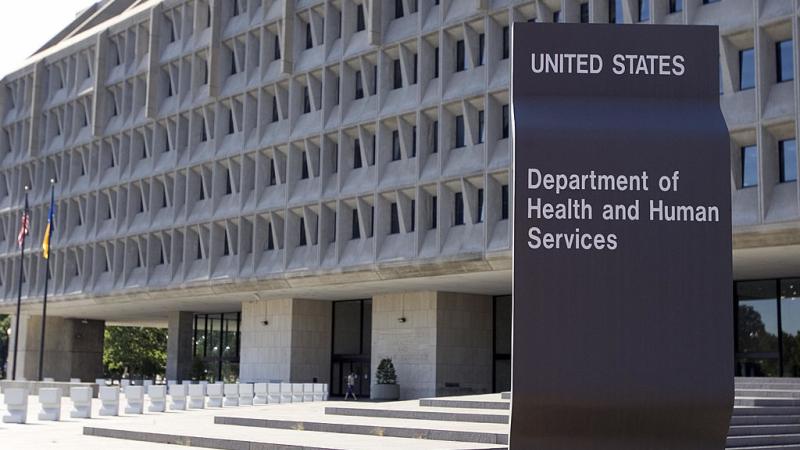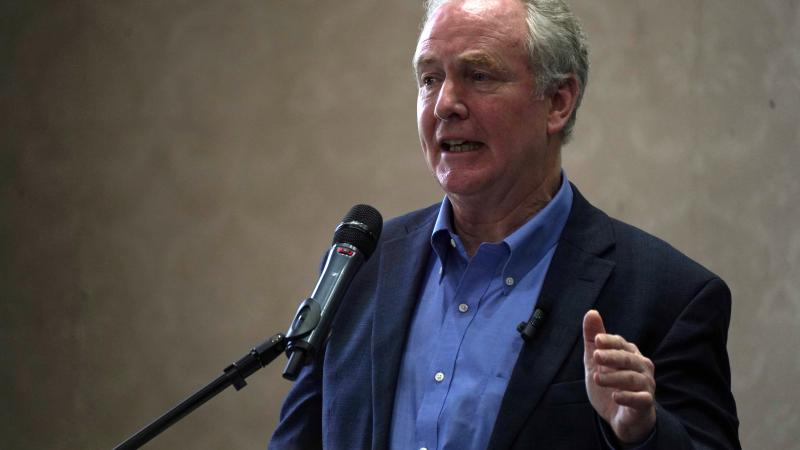Biden foreign policy spawned strained relations, not 'restored standing,' critics charge
Longstanding allies in Eastern Europe particularly bristled over Biden's dealings with Russia.
As Joe Biden heads into his second year as president of the United States, critics increasingly say that Biden's much vaunted promise to strengthen America's international alliances has instead produced painfully strained partnerships.
Longstanding allies in Eastern Europe particularly bristled last month at the notion that Biden would arrange to meet with Russia and a small contingent from the North Atlantic Treaty Organization, to talk about security in Ukraine. The talks aimed, among other things, to revisit who should belong to NATO.
"Russia should under no circumstances be given a say in who may or may not be a member of NATO," Estonian Prime Minister Kaja Kallas said at a December news conference. Moscow's "most worrying wish is to divide Europe into spheres of influence. We remember these kinds of moments from our own history, and we are in no way naive on this issue."
Biden has risked alienating other international friends, one State Department insider noted, by "seeming to leave them out to dry, or raising questions about how much support they really have from the United States."
In a Dec. 9 phone call with Ukrainian President Volodymyr Zelenskyy, Biden "voiced the deep concerns of the United States and our European Allies about Russia's aggressive actions towards Ukraine," according to a statement from the White House. Furthermore, "President Biden underscored the readiness of the United States to engage in support of confidence-building measures to advance the implementation of the Minsk Agreements, in support of the Normandy Format."
"What exactly does that mean?" the State Department insider said. "I'm a diplomat, and I can't translate it. And I sure can't see how it reassures Zelensky."
In other international partnerships, Biden seems to have left Taiwan feeling vulnerable to attack from the communist People's Republic of China; and Israel uncertain about its own security.
Biden's hasty and chaotic withdrawal from Afghanistan created disquiet among allies, echoing reactions within the United States that brought a sharp drop in presidential approval ratings.
"Biden’s numbers never recovered, and have continued to slide — even though Afghanistan has largely disappeared from the headlines once more," noted David Graham in The Atlantic. "Perhaps the effects endured because the withdrawal called Biden's competence — one of his core campaign selling points— into question, and because the debacle encouraged a general pessimism about the country's standing overall."
Despite plummeting approval numbers, with each poll more dismal than the last, Biden retains supporters who defend his handling of foreign policy. Among them are Washington Post nonfiction book editor Steven Levingston, who authored a work on the "bromance" between Biden and former president Barack Obama.
"After years of erratic policy decisions under President Trump, Biden aimed to bring a state of normalcy to US foreign policy, rejoin treaties and alliances the previous administration abandoned, and restore the county's standing in the world," Levingston wrote in an essay for the University of Virginia.
"The Biden approach jettisoned Trump's 'America First' nationalism in favor of rebuilding relationships with US allies and bolstering international institutions that Trump denigrated such as NATO and the World Health Organization," Levingston wrote. "President Biden planned for the United States to return to the Paris climate agreement, focus on repairing the damage done to the Iran nuclear deal, and try to tame China's widening international influence."
The supporters, Levingston says, are tempered by critics who claim that Biden's foreign policy team reflected "a return to the past rather than a strong forward-looking agenda."
In a Sunday statement, White House spokesperson Jen Psaki offered a glimpse at what the administration may claim not so much as a win as a non-loss.
Biden will meet virtually on Jan. 21 with Prime Minister Kishida Fumio of Japan "to further deepen ties between our governments, economies, and our people," Psaki said. "The meeting will highlight the strength of the U.S.-Japan Alliance, which is the cornerstone of peace, security, and stability in the Indo-Pacific and around the world."
The virtual meeting will "advance our shared vision for a free and open Indo-Pacific," and "expand our close cooperation on critical issues."
Those include COVID-19 and partnering on new and emerging technologies, Psaki said. The White House did not mention specific security issues facing Japan, such as threats from North Korea or China.

